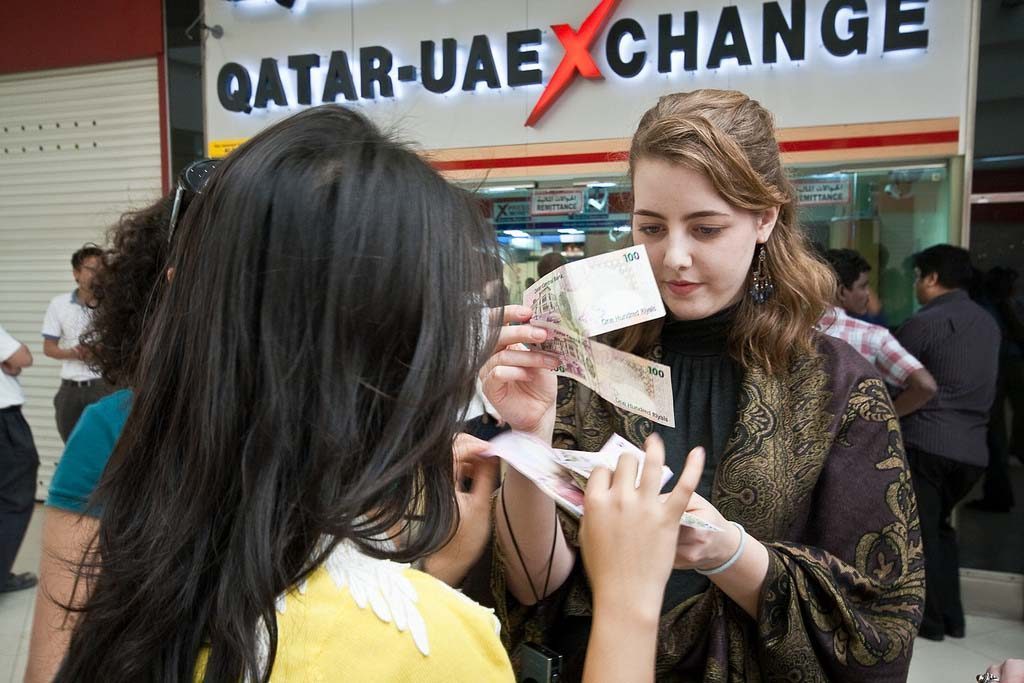
Once again, the majority of Qatar residents (72 percent) have not saved as much money as they planned to this year, according to the newly released 2013 National Bonds Savings Index.
And according to the report, the 1,700 expats and nationals interviewed here and across the Gulf are expressing growing concern about price increases related to inflation. In Qatar, rent, grocery bills and restaurant meals were logged as among the biggest hurdles to saving.
Last year, only 29 percent of people surveyed in Qatar reporting saving regularly, though 84 percent said they knew they should be saving more, UAE-based investment and savings firm National Bonds Corporation PJSC found.
While the numbers are not encouraging, one bright spot was that by the end of 2013, some 10 percent of people in Qatar said they were saving more than they planned, an increase of four percent from 2012.
Example from the poor
Elsewhere, the UAE’s poorest (construction workers making less than $1,000 a month) appeared to be among the best savers in the region. Explaining the numbers, Mohammed Qasim Al Ali, CEO of National Bonds, said:
“The low-income earners here have their families back in their countries and this puts pressure on them and makes them spend less than in the UAE. Their lifestyle is completely different to the people with higher incomes.”
Previously, Al Ali attributed the poor savings habits of people living in Qatar to the nation’s excessive wealth, love of luxury goods and government support.
Speaking to the National in 2011, he said:
“This is one of the root causes of the lack of savings culture in the GCC because people are looked after by their governments with free education, free hospitals and no taxation. All of these contribute to people depending on third parties whether it’s their parents or the government and they get locked into their living standards.”
This year, he added, as quoted by Arabian Business:
“We have this mentality of living day-to-day. We should address the root cause of this problem as a young age. I think these people should be offered financial awareness programs.”
Other Qatar-related highlights of the report included:
- Children’s education, retirement and the purchase of property for personal use (in that order) were the key motivations for saving money;
- General bank savings accounts were the most popular savings option. Attractive returns, sharia compliance and the sound reputation of the provider, in that order, affected selection of savings instruments; and
- Property was considered a prime savings instrument.
Read the full 2013 report here:
Did you save as much money as you wanted to this year? If so, how? If not, why?







